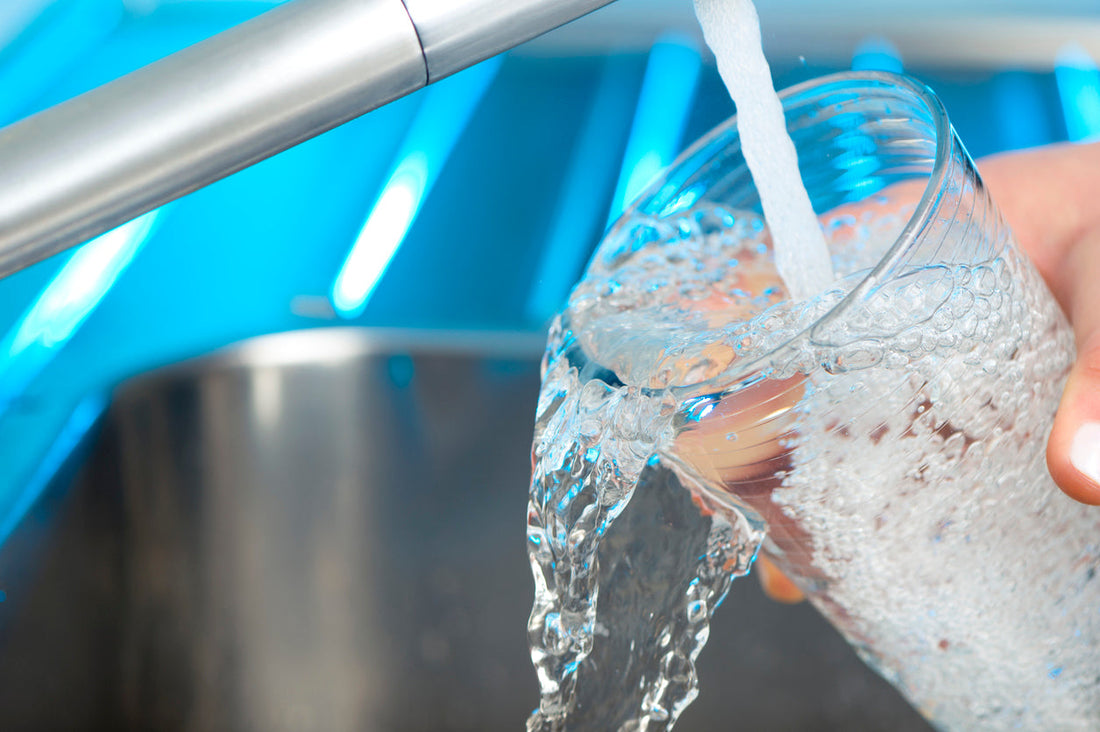Water is the essence of life. From the moment we wake up to the time we go to bed, our bodies rely on water for various essential functions. Despite its importance, many people remain confused about the appropriate amount of daily water intake. Some follow the standard "eight glasses a day" rule, while others rely on thirst signals. But how much water do you really need?
The Importance of Water for the Human Body
Water plays a critical role in maintaining bodily functions. It helps regulate temperature, transport nutrients, and remove waste. The human body consists of about 60% water, with vital organs like the brain, heart, and lungs containing even higher concentrations. Proper hydration ensures efficient digestion, supports joint lubrication, and improves cognitive performance.
Without sufficient water intake, dehydration can set in, leading to headaches, fatigue, dry skin, and in extreme cases, organ failure. Given its significance, it's essential to determine the right amount of intake water for optimal health.
Breaking the Myth: Do You Need Eight Glasses of Water a Day?
The "eight glasses a day" rule has been widely accepted for decades, but it lacks scientific backing. The amount of water a person needs depends on multiple factors such as age, weight, activity level, climate, and overall health. While eight glasses (approximately two liters) can be a good starting point, it's not a universal rule. Some people may need more, while others require less.
According to the National Academies of Sciences, Engineering, and Medicine, an average adult male should consume about 3.7 liters (125 ounces) of total water per day, while an average adult female should aim for about 2.7 liters (91 ounces). This total includes fluids from beverages and foods rich in water content.
Factors That Influence Your Water Intake
Activity Level
People who engage in high-intensity workouts or physical labor lose more water through sweat and need to replenish their fluids accordingly. Athletes and those who exercise frequently should increase their water intake to compensate for fluid loss.
Climate and Environment
Hot and humid weather conditions lead to increased perspiration, requiring individuals to drink more water. Similarly, high-altitude locations tend to dehydrate the body faster, making additional hydration necessary.
Age and Gender
Children and older adults have different hydration needs. Children require frequent hydration due to their higher metabolism and activity levels, while older adults may have a diminished sense of thirst, making it crucial for them to monitor their intake water consciously. Men generally require more water than women due to differences in body composition and metabolic rate.
Health Conditions
Certain medical conditions, such as kidney disease, diabetes, and infections, impact water balance. People taking medications like diuretics or those experiencing fever, vomiting, or diarrhea should increase their water intake to prevent dehydration.
Dietary Habits
Diets high in salt, sugar, and protein increase water demand as the body requires extra hydration to process these nutrients. Conversely, consuming water-rich foods like fruits, vegetables, and soups contributes to overall hydration levels.
Signs of Dehydration and Overhydration
Dehydration Symptoms
- Dark-colored urine
- Dry mouth and lips
- Fatigue and dizziness
- Headaches and confusion
- Decreased urination
If left untreated, severe dehydration can lead to heat-related illnesses, kidney problems, and even life-threatening conditions.
Overhydration Risks
While dehydration is commonly discussed, drinking excessive water can also be harmful. Overhydration, or water intoxication, occurs when the body's electrolyte balance is disrupted, leading to a condition known as hyponatremia (low sodium levels in the blood). Symptoms include nausea, confusion, muscle cramps, and, in severe cases, seizures or coma.
How to Determine Your Optimal Daily Water Intake
Rather than sticking to a fixed number, it's best to listen to your body's cues and adjust accordingly. Here are some effective methods to determine how much water intake is right for you:
- Monitor urine color: Pale yellow urine indicates proper hydration, while dark urine suggests the need for more fluids.
- Check for thirst signals: Feeling thirsty is a natural indicator that your body needs water. However, don’t wait until you feel extreme thirst to drink.
- Use hydration calculators: Several online tools consider factors like weight, age, activity level, and climate to recommend personalized water intake levels.
- Follow the 1ml per calorie rule: A general guideline is to drink 1 milliliter of water for every calorie consumed. For example, if you consume 2,500 calories daily, aim for about 2.5 liters of water.

Sources of Water Beyond Drinking
Drinking water isn’t the only way to stay hydrated. Various foods contain significant water content that contributes to overall hydration:
- Fruits: Watermelon, strawberries, oranges, and cucumbers contain over 90% water.
- Vegetables: Lettuce, zucchini, celery, and tomatoes are excellent hydrating options.
- Beverages: Herbal teas, milk, and fruit-infused water provide hydration without added sugars or artificial ingredients.
Including these in your diet helps maintain adequate water levels while also providing essential vitamins and minerals.
Hydration Tips for Different Lifestyles
For Office Workers
People who spend long hours at a desk often forget to drink enough water. Keeping a reusable water bottle at your workstation and setting reminders to sip water throughout the day can help maintain hydration levels.
For Athletes and Fitness Enthusiasts
Drinking water before, during, and after exercise is essential for replenishing lost fluids. Sports drinks may be beneficial after intense workouts, as they restore electrolytes lost through sweating.
For Pregnant and Breastfeeding Women
Water requirements increase during pregnancy and lactation. Expecting mothers should aim for at least 3 liters of daily water intake, while breastfeeding women may need up to 3.8 liters to support milk production.
For Frequent Travelers
Traveling, especially by air, can lead to dehydration due to low cabin humidity. Carrying a water bottle and drinking regularly can help counteract fluid loss.
Conclusion: Finding the Right Balance
The ideal daily water intake varies based on individual needs, lifestyle, and environmental factors. While the standard "eight glasses a day" rule may work for some, it's not a one-size-fits-all solution. By paying attention to thirst signals, monitoring urine color, and adjusting for physical activity and climate, you can ensure optimal hydration levels.
Staying hydrated is key to overall well-being. Whether through drinking water or consuming hydrating foods, maintaining a balanced intake water routine will improve energy levels, cognitive function, and long-term health. So, grab a glass of water and drink to a healthier you!
BoostedOxygenWater is your go-to solution for optimal hydration! Our premium water is designed to support daily water intake, keeping your customers refreshed and energized. With a perfect balance of purity and essential minerals, BoostedOxygenWater enhances hydration for athletes, office workers, and health-conscious individuals alike. Stock up on a product that meets diverse hydration needs and promotes overall well-being. Don’t miss the chance to boost your wholesale inventory with a high-demand product. Schedule a call today to discuss bulk pricing and exclusive partnership opportunities. Let’s work together to bring superior hydration to your customers!
Reference:
Institute of Medicine. (2005). Dietary reference intakes for water, potassium, sodium, chloride, and sulfate. National Academies Press. https://doi.org/10.17226/10925
Popkin, B. M., D’Anci, K. E., & Rosenberg, I. H. (2010). Water, hydration, and health. Nutrition Reviews, 68(8), 439-458. https://doi.org/10.1111/j.1753-4887.2010.00304.x
Sawka, M. N., Cheuvront, S. N., & Carter, R. (2005). Human water needs. Nutrition Reviews, 63(6), S30-S39. https://doi.org/10.1301/nr.2005.jun.S30-S39
Armstrong, L. E. (2012). Challenges of linking chronic dehydration and fluid consumption to health outcomes. Nutrition Reviews, 70(1), S121-S127. https://doi.org/10.1111/j.1753-4887.2012.00561.x
Kavouras, S. A. (2019). Hydration, dehydration, and exercise performance. Journal of the American College of Nutrition, 38(6), 587-591. https://doi.org/10.1080/07315724.2018.1551283

